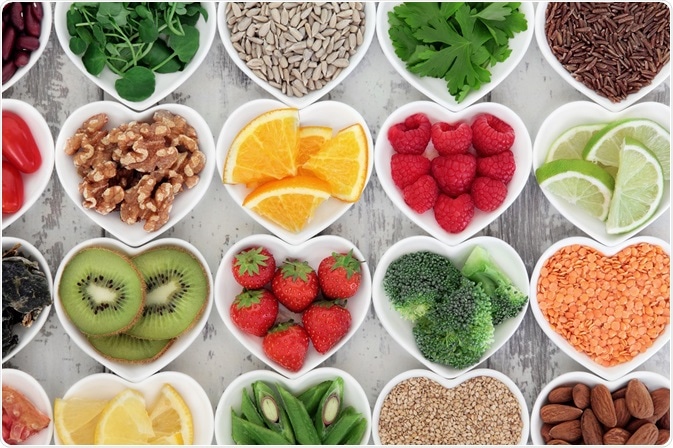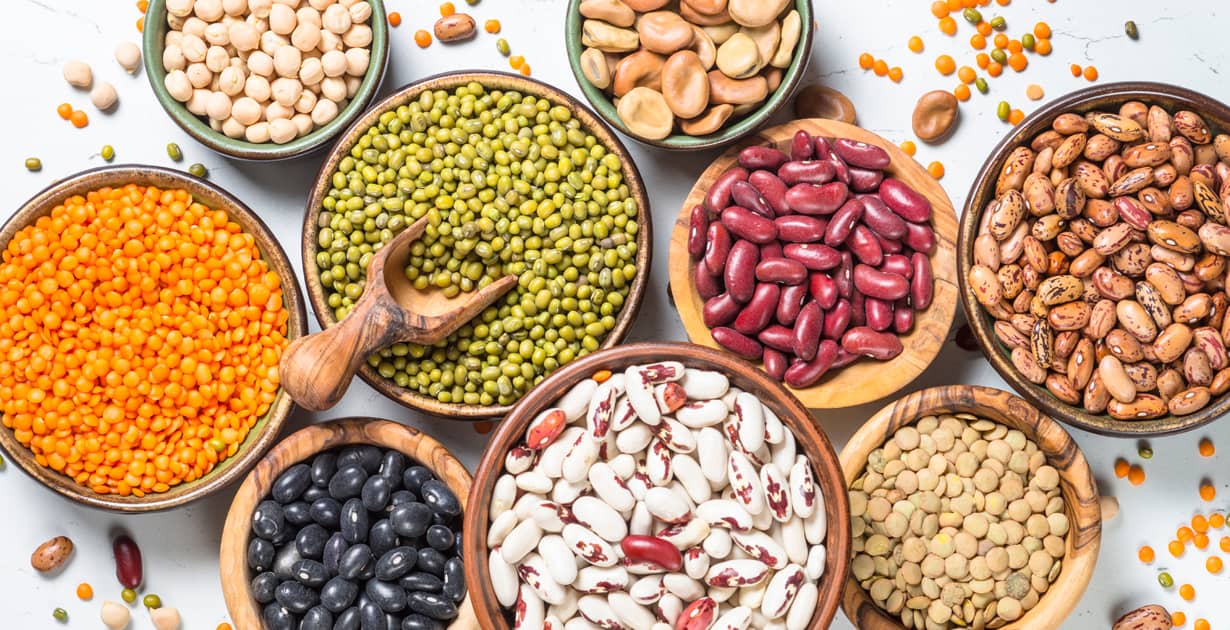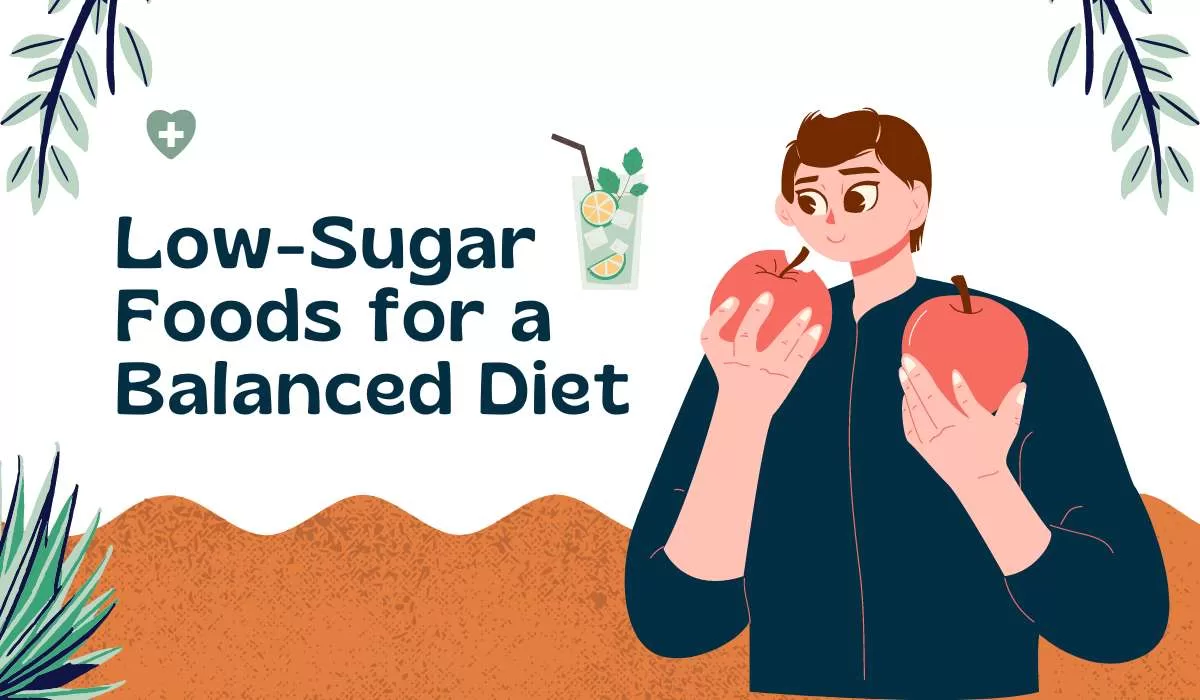Benefits of Incorporating Low-Sugar Foods into Your Diet
In a balanced diet, the inclusion of low-sugar foods plays a crucial role in maintaining overall health and well-being. Here are some compelling reasons why incorporating low-sugar options is beneficial for your diet:
- Weight Management: Low-sugar foods help in controlling calorie intake, which is essential for managing weight effectively.
- Blood Sugar Regulation: Consuming fewer sugary foods helps in stabilizing blood sugar levels and reducing the risk of diabetes.
- Improved Energy Levels: Low-sugar foods provide sustained energy without the crashes associated with high-sugar foods.
- Better Dental Health: Reduced sugar intake helps in maintaining oral health and prevents cavities.
- Enhanced Nutrient Intake: Opting for low-sugar alternatives allows for a higher intake of essential nutrients without the drawbacks of excessive sugar consumption.
Incorporating a variety of low-sugar foods into your diet can have a profound impact on your overall health and well-being.
:max_bytes(150000):strip_icc()/hypoglycemia-diet-5180109_final-2a589e9d91054390bd764addef04fefd.jpg)
Impact of Excess Sugar Consumption on Health
Transitioning from the benefits of low-sugar foods, it’s essential to understand the detrimental effects of consuming excess sugar on your health. Here are some key insights into how overindulging in sugar can impact your well-being:
- Weight Gain: Excessive sugar consumption is linked to weight gain and obesity, increasing the risk of various health issues.
- Increased Risk of Heart Disease: High sugar intake can raise blood pressure, cholesterol levels, and lead to heart disease.
- Risk of Type 2 Diabetes: Consuming too much sugar can contribute to insulin resistance, leading to an increased risk of developing type 2 diabetes.
- Negative Impact on Mental Health: High sugar diets have been linked to mood swings, anxiety, and depression.
- Risk of Dental Problems: Excess sugar consumption is a major contributor to tooth decay and other dental issues.
Being mindful of your sugar intake and opting for low-sugar alternatives can significantly improve your overall health and well-being.

Fruits and Vegetables as Essential Low-Sugar Options
Nutrient-Rich Fruits that are Low in Sugar
Transitioning from understanding the impact of excess sugar consumption, incorporating nutrient-rich fruits that are low in sugar can be a delicious and healthy addition to your diet. Here are some fruits that offer a powerhouse of nutrients while being low in sugar content:
- Berries: Berries such as strawberries, blueberries, and raspberries are packed with antioxidants, vitamins, and fiber while containing relatively low sugar levels.
- Avocado: Avocado is a unique fruit that is rich in healthy fats, fiber, and various essential nutrients with minimal sugar content.
- Tomatoes: Though commonly mistaken as a vegetable, tomatoes are technically fruits low in sugar and high in vitamins, minerals, and antioxidants.
- Lemons and Limes: These citrus fruits are low in sugar but high in vitamin C and antioxidants, perfect for adding flavor to dishes and beverages.
- Cantaloupe: This melon provides hydration, vitamins A and C, and fiber with a moderate sugar content.
Incorporating these nutrient-rich, low-sugar fruits into your diet can provide a plethora of health benefits without compromising on taste.

Vegetables with Low Sugar Content and High Nutritional Value
Continuing our exploration of low-sugar options, vegetables are a crucial component of a healthy diet. Here are some vegetables that offer low sugar content along with a wealth of essential nutrients:
- Leafy Greens: Vegetables like spinach, kale, and Swiss chard are low in sugar but rich in vitamins, minerals, and antioxidants.
- Broccoli: Broccoli is a nutrient powerhouse with low sugar levels, providing fiber, vitamin C, and various beneficial plant compounds.
- Bell Peppers: These colorful veggies are low in sugar and high in vitamin C, antioxidants, and fiber.
- Cauliflower: Low in sugar and versatile in recipes, cauliflower offers vitamin C, fiber, and other essential nutrients.
- Zucchini: With minimal sugar content, zucchini is a great source of vitamins, minerals, and fiber for a healthy diet.
Incorporating these low-sugar, nutrient-dense vegetables into your meals can enhance your overall nutritional intake and support your health goals.
Lean Proteins and Dairy for Balanced Nutrition
Low-Sugar Protein Sources for a Healthy Diet
Moving on to protein sources with low sugar content, it’s essential to include adequate protein in your diet for overall health and wellness. Here are some excellent low-sugar options to consider:
- Chicken Breast: A lean protein choice with minimal sugar and high in quality protein essential for muscle repair and growth.
- Turkey: Another lean protein source, turkey is low in sugar and rich in amino acids necessary for various bodily functions.
- Fish: Fish such as salmon, tuna, and cod are low in sugar and provide omega-3 fatty acids and high-quality protein.
- Eggs: Eggs are a complete protein with negligible sugar content, offering essential nutrients like choline and vitamin D.
- Tofu: A plant-based protein option, tofu is low in sugar and a good source of protein for vegetarians and vegans.
Incorporating these low-sugar protein sources into your diet can help meet your protein needs without compromising on your health goals.

Low-Sugar Dairy Products for Calcium and Protein Intake
When it comes to dairy products, choosing options with low sugar content is crucial for maintaining a healthy diet while still benefiting from calcium and protein. Here are some low-sugar dairy choices that can help you meet your nutritional needs:
- Greek Yogurt: A popular choice with low sugar and high protein content, Greek yogurt is also rich in probiotics for gut health.
- Cheese: Hard cheeses like cheddar, mozzarella, and Swiss are low in sugar and provide calcium and protein for strong bones and muscles.
- Cottage Cheese: Cottage cheese is a low-sugar dairy option that offers a good protein source with minimal sugar content.
- Milk Alternatives: Unsweetened almond milk, coconut milk, and soy milk are low in sugar and fortified with calcium and vitamin D.
- Kefir: This fermented dairy drink is low in sugar and provides probiotics, calcium, and protein for overall health.
Incorporating these low-sugar dairy products into your diet can help you maintain calcium and protein intake without excessive sugar consumption.

Whole Grains and Legumes for Sustained Energy
Low-Sugar Whole Grain Options for Fiber and Energy
Transitioning from dairy products, incorporating low-sugar whole grains into your diet is essential for maintaining energy levels and benefiting from fiber. Here are some nutritious whole grain options with low sugar content to consider:
- Quinoa: A gluten-free whole grain with minimal sugar and a good source of protein, fiber, and various vitamins and minerals.
- Brown Rice: Brown rice is a low-sugar whole grain providing fiber, energy, and nutrients like manganese and selenium.
- Oats: Oats are a low-sugar whole grain rich in soluble fiber, promoting satiety and digestive health.
- Barley: Barley is low in sugar and high in fiber, promoting heart health and aiding in digestion.
- Buckwheat: Despite its name, buckwheat is low in sugar and packed with protein, fiber, and essential nutrients.
Incorporating these low-sugar whole grain options into your meals can enhance your fiber intake, provide sustained energy, and support overall well-being.

Nutritious Legumes with Low Sugar and High Protein Content
Continuing our exploration of wholesome low-sugar options, legumes are excellent sources of plant-based protein with minimal sugar content. Here are some nutritious legumes to incorporate into your diet for their high protein and low sugar content:
- Lentils: Lentils are low in sugar, rich in protein, and packed with fiber, making them a versatile and nutritious choice for meals.
- Chickpeas: Chickpeas, also known as garbanzo beans, are low in sugar and offer a good amount of protein, fiber, and essential nutrients.
- Black Beans: Black beans are a great low-sugar legume providing protein, fiber, and various vitamins and minerals.
- Kidney Beans: Kidney beans are low in sugar and high in protein, making them a hearty addition to soups, stews, and salads.
- Soybeans: Soybeans are low in sugar and a complete protein source, suitable for vegetarians and vegans looking to boost their protein intake.
Adding these nutritious legumes to your meals can enhance your protein intake while keeping sugar levels in check, supporting a balanced and wholesome diet.
Snack Ideas and Sweet Alternatives

Low-Sugar Snack Options for Satisfying Cravings
Transitioning from nutrient-rich legumes, having low-sugar snack options on hand is essential for satisfying cravings between meals without compromising your health goals. Here are some delicious and guilt-free snack ideas that are low in sugar:
- Nuts and Seeds: Almonds, walnuts, pumpkin seeds, and sunflower seeds are nutrient-dense snacks providing healthy fats, protein, and fiber with minimal sugar.
- Greek Yogurt with Berries: A satisfying snack with Greek yogurt, topped with fresh berries for a dose of protein, probiotics, and antioxidants.
- Vegetable Sticks with Hummus: Crunchy veggies like carrots, cucumbers, and bell peppers paired with hummus for a tasty and low-sugar snack.
- Hard-Boiled Eggs: Hard-boiled eggs are a convenient protein-rich snack option that is low in sugar and easy to prepare.
- Air-Popped Popcorn: Popcorn made without added sugar or butter is a light and fiber-filled snack for satisfying cravings without excess sugar intake.
These low-sugar snack alternatives can help you curb hunger, boost energy, and maintain a healthy diet throughout the day.
Healthy Sweet Alternatives with Reduced Sugar Content
After exploring low-sugar snack options, satisfying your sweet tooth with healthier alternatives that contain reduced sugar is a great way to indulge without the guilt. Here are some delicious and nutritious sweet alternatives to consider:
- Fresh Fruit: Opt for naturally sweet fruits like berries, apples, and oranges for a satisfying sweet taste without added sugars.
- Dark Chocolate: Choose dark chocolate with higher cocoa content for a rich and decadent treat that is lower in sugar compared to milk chocolate.
- Homemade Energy Balls: Make energy balls using dates, nuts, and seeds for a sweet and nutritious snack with minimal added sugars.
- Stevia or Monk Fruit Sweeteners: Use natural sweeteners like stevia or monk fruit to sweeten beverages and desserts without the sugar spike.
- Chia Seed Pudding: Prepare chia seed pudding with unsweetened almond milk and a hint of natural sweeteners for a delicious low-sugar dessert option.
Including these healthy sweet alternatives with reduced sugar content in your diet can help you satisfy your cravings while maintaining a balanced and wholesome approach to nutrition.

